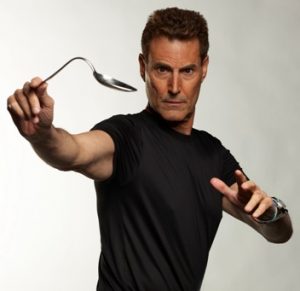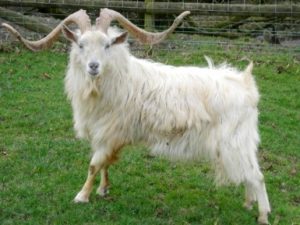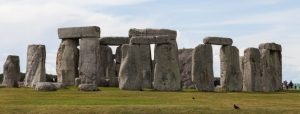irregular verbs bend bent bent
Irregular Verbs
Regular Verbs
Verbs in English have three tense forms: the base form (or infinitive without “to”), the past simple, and the past participle.
With regular verbs, the past simple and past participles are formed by adding -d or -ed, or -ied (replacing the y or most y endings) to the end of the base form.
Most English verbs are regular.
Irregular Verbs
Irregular verbs do not follow the above rule.
1. One kind of irregular verb changes in the past tense and then keeps that same form in the past participle. Examples include feed, fed, fed; and win, won, won.
2. Another kind adds an -n or -en to the base form or to the past tense form to make the past participle. Examples include know, knew, known; and speak, spoke, spoken.
3. Other verbs have irregular changes in spelling for each principal part, as in slay, slew, slain.
Cut, Cut, Cut
4. Still others use the same form for all principal parts. They include cost, cut, set, and shut. These verbs are called invariables.
5. A large group of irregular verbs shows a change of vowel in both the past tense and past participle: begin, began, begun; ring, rang, rung; swim, swam, swum.
Through usage, many verbs of this type are gradually changing into regular verbs with -ed endings.
For example, the verb strive has the irregular forms strive, strove, striven and also has the regular forms strive, strived, strived.
See MAIN VERBS.
Exercise
In this unit, we look at the first type of irregular verb.
| Verb-1 | Verb-2 | Verb-3 |
| bend | bent | bent |
| bind | bound | bound |
| bleed | bled | bled |
| breed | bred | bred |
| bring | brought | brought |
| build | built | built |
| buy | bought | bought |
| catch | caught | caught |
| cling | clung | clung |
| deal | dealt | dealt |






Answer the following or respond to the statements. Say why and give examples.
Bend, Bent, Bent
1. bend, bent, bent
Last night on TV, I saw a man bend a spoon. He also bent a fork and a house key. What do you think? Can you bend a spoon or fork?
2. bind, bound, bound
In the past, higher-class women in China bound their feet. Why did they bind their feet?
3. bleed, bled, bled
The CEO and chief accountant bled the cooking oil processing plant dry. What happened?
Tony accidentally cuts himself last week, and his hand was bleeding. What did he do? If your hand bleeds, you should . . . .
4. breed, bred, bred
The ranchers have bred alpaca and cashmere goats for over 20 years. Why?
5. bring, brought, brought
We had a big birthday party for Shusha last Saturday. What did guests bring for her?
Build, Built, Built
6. build, built, built
Who built the pyramids? The Great Wall? Stonehenge? the stone heads of Easter Island? Why were they built?
What is the biggest building in your city or country? Who built it? Why was it built?
7. buy, bought, bought
Mr. and Mrs. Liu traveled to Italy and France last summer. What did they do there?
What is the most beautiful or interesting thing you or your friend has bought?
8. catch, caught, caught
Barry and his friends went to the seaside last Saturday. They went fishing. Later they saw a police car. Describe what had happened there.
9. cling, clung, clung
The luxury cruise liner sank. What did some survivors do?
Which ethnic groups have have clung on to their language. Why have they clung on to their language?
10. deal, dealt, dealt
Chris dealt with dissatisfied customers in the customer service department of his company. How long did he work there?
Do you have to deal with customers at work?
